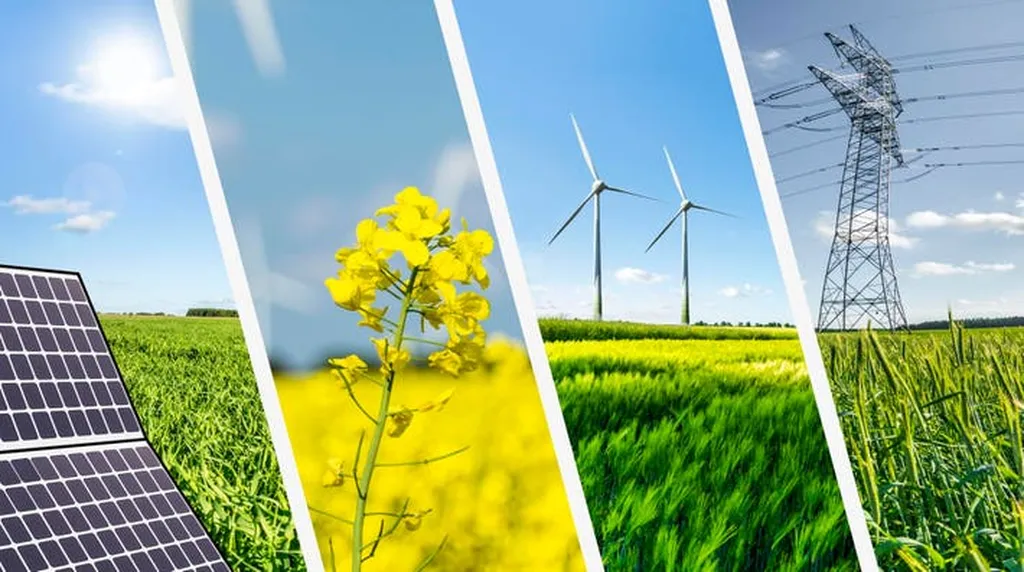The One Big Beautiful Bill Act (OBBBA) has sent ripples through the construction industry, offering a mix of opportunities and challenges that demand strategic planning. This legislation, signed into law by President Trump, introduces provisions that could reshape how construction businesses operate, invest, and grow. Industry experts are urging contractors to act swiftly to align their strategies with the new law, ensuring they capitalize on the financial relief and planning opportunities it presents.
At the heart of the OBBBA are provisions designed to boost business success for construction contractors. Bonus depreciation, expanded expensing, and tax incentives are among the key features that could significantly impact the sector. Accounting firm Kittell Branegan and Sargent (KBS) highlighted the legislation’s potential to create avenues for reducing liability and boosting profitability. “The OBBBA offers significant planning opportunities for construction firms,” the firm noted, emphasizing the need for contractors to quickly match strategies and operations with the new law.
Brian P. McGuire, president and CEO of the Associated Equipment Distributors (AED), praised the bill’s provisions, stating, “Certainty is paramount for all businesses, and this is exactly what OBBBA provides equipment dealers, manufacturers, and our customers.” McGuire highlighted that the law’s capital investment incentives will help unleash the economy by making these provisions permanent. “AED members can worry less about an ever-changing tax code and focus on supplying and servicing the equipment needed to build, feed, and fuel America,” he added.
Carl Oliveri of Grassi Advisors echoed this sentiment, noting that the law’s provisions “are poised to influence how construction firms plan, invest, and operate for years to come.” Oliveri analyzed the OBBBA and identified several key provisions that will significantly affect the construction industry.
One of the most notable changes is the permanent reinstatement of 100-percent bonus depreciation for qualifying property placed in service on or after January 19, 2025. This includes construction equipment, vehicles, and certain improvements to nonresidential real property. Oliveri explained, “For tax purposes, contractors can now fully expense the cost of equipment, vehicles, and qualifying property in the year placed in service.” This provision applies to both new and used property and ends the phase-down schedule previously in place. The ability to fully expense these costs results in greater certainty in long-term planning and frees up cash flow for working capital purposes, which may be especially valuable for contractors upgrading or expanding their fleets.
The OBBBA also expands Section 179 expensing, effective for tax years beginning after December 31, 2024. The maximum Section 179 deduction is increased to $2.5 million, with a phase-out threshold of $4 million, both indexed for inflation. This provision allows contractors to immediately expense the full cost of qualifying equipment, software, and certain improvements to nonresidential property. Oliveri noted, “The expanded limits provide construction firms with more flexibility to manage their taxable income. Pairing Section 179 with bonus depreciation may offer a more strategic approach to maximizing large capital investments and managing state taxable income.”
Another significant provision is the introduction of a new 100 percent deduction for Qualified Production Property (QPP), a category of newly constructed nonresidential real property primarily used for manufacturing, production, or refining tangible personal property. To qualify, construction must begin after January 19, 2025, and the property must be placed in service before January 1, 2031. Oliveri explained, “This provision provides a powerful incentive for companies to invest in new production facilities. Contractors fabricating their own materials for use on a job site may have a significant tax planning opportunity to reinvest in their business.”
The OBBBA also preserves federal deductions for state and local taxes paid at the entity level under elective Pass-Through Entity Tax (PTET) regimes. PTET programs were designed to bypass the $10,000 state and local tax (SALT) cap applied at the individual level under the 2017 tax cuts and jobs act. However, OBBBA increases the SALT cap to $40,000. Oliveri noted, “For construction companies structured as partnerships or S corporations, this preserves a valuable federal deduction for state taxes. In turn, it allows businesses to retain more corporate capital to deploy into projects in lieu of utilizing lines of credit at higher interest rates.”
The legislation also reinstates the earnings before interest, taxes, depreciation, and amortization (EBITDA) based limitation for tax years after December 31, 2024. This change reverses the limitation in effect since 2022, allowing recapture of depreciation, amortization, and depletion. Oliveri explained, “

